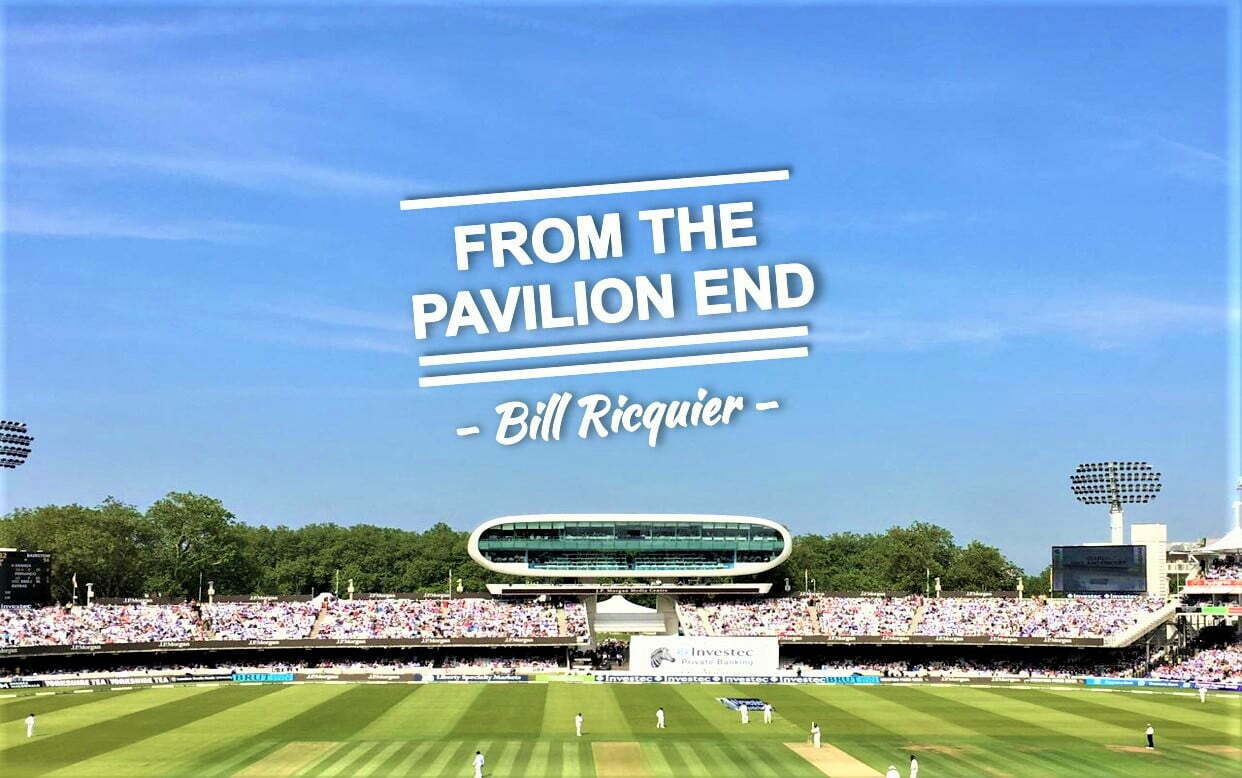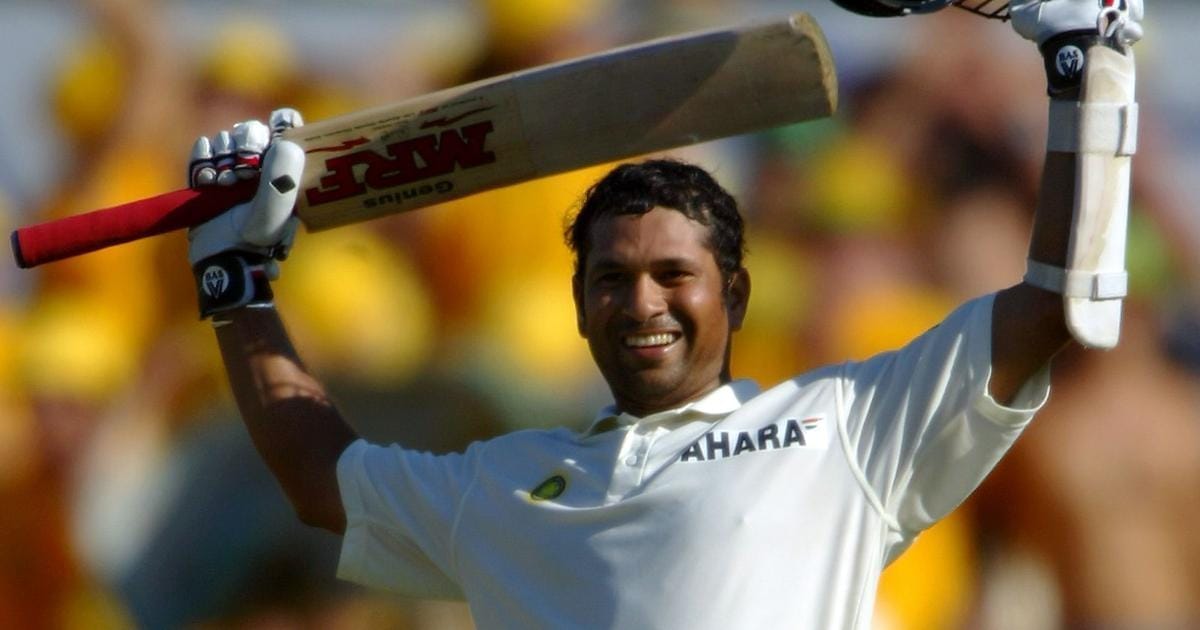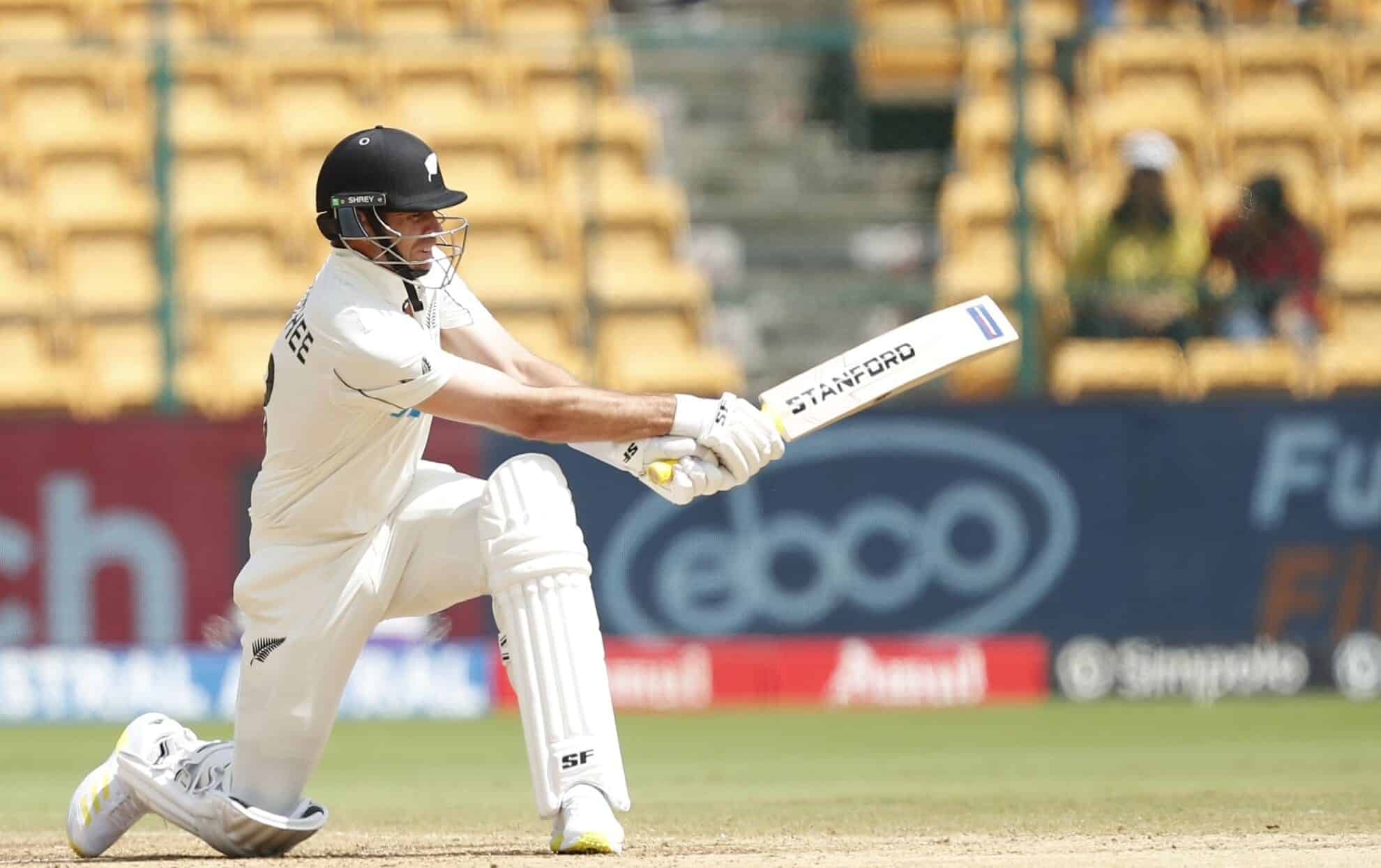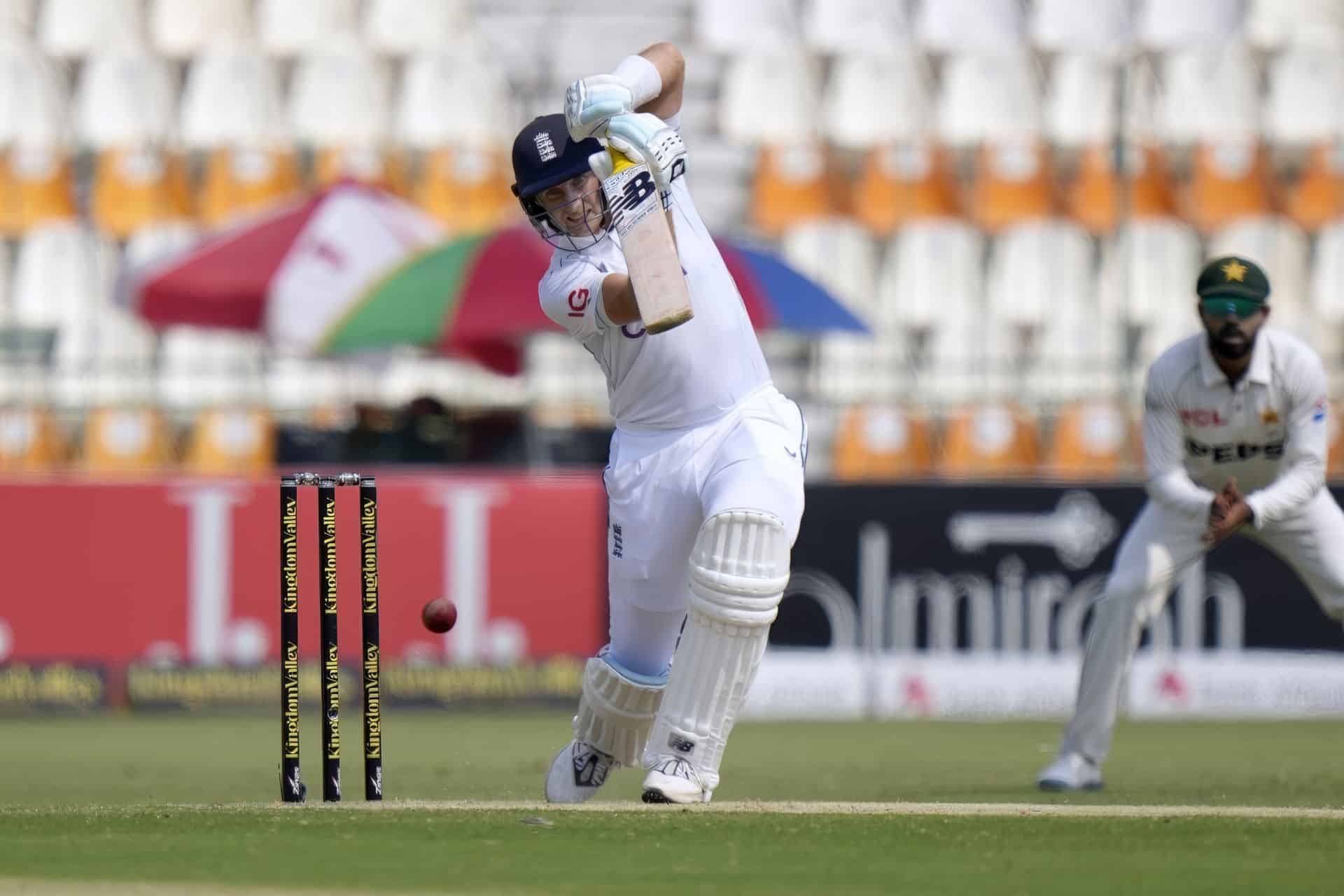Australia’ s tour of India, commencing this month, promises to be a very intriguing one. India have rediscovered their love of Test cricket, and with the outstanding Virat Kohli and the spin combination of R Ashwin and Ravindra Jadeja, they seem invincible at home. Australia are in rebuilding mode and, while the rebuilding seems to be going quite well, results remain very mixed. Their recent results in the subcontinent, notably their struggles against Rangana Herath in Sri Lanka six months ago, suggest that their batsmen will find things no easier than England’s did in the series just concluded, while their own spinners, despite the worthy efforts of Nathan Lyon, seem little better than England’s. Hopes seem to rest on the ability of their impressive pace attack to generate reverse swing.
There is little doubt that something genuinely memorable will occur; something usually does when India and Australia meet. Last time Australia toured some of their leading players were disciplined for not completing their homework. . At the SCG in 2007-08 there was the ” Monkeygate ” palaver involving Andrew Symonds and Harbajhan Singh. There was the dramatic tied Test at Madras ( Chennai) in September 1986, with Dean Jones making a memorable double century. Way back, in December 1947 , there was Bill Brown being ” Mankaded ” by – well, Mankad, Vinoo of that ilk.
And in January 1960, at the Brabourne Stadium in Bombay ( Mumbai), there was Abbas Ali Baig and The Kiss.
Australia’s tour of Pakistan and India in 1959-60 was an arduous one, with eight Tests in all. It was a full strength side led by Richie Benaud. Neil Harvey and Norman O’Neill – ” Drawcard Norm” – scored lots of runs; Benaud and Alan Davidson, surely, with Wasim Akram, the best of all left arm fast bowlers – took lots of wickets. Ray Lindwall played his final Tests.
Australia won the India series two- one, India securing their first win against Australia in the second Test at Kanpur thanks to off spinner Jasu Patel’s nine for sixty nine( fourteen wickets in the match).
The Bombay Test was a hard fought draw, in which Baig played a significant part, making fifty and fifty eight.
Baig played only ten Tests for India but his place in the history of Indian cricket , for a variety of extraordinarily diverse reasons, is not matched by many who have played far more frequently.
Born in Hyderabad, Baig became a cricketing legend at an early age. In his freshman year at New College, Oxford in 1959, he was an outstanding member of a strong University side that included the future Pakistan captain Javed Burki: Baig scored almost twelve hundred runs at an average of forty five.
India were touring England and were having a miserable time. (They were to lose the series five – nil). Their best batsman, Vijay Manjrekar, got injured and Baig was drafted into the touring side. He made a hundred in his first match , against Middlesex at Lord’s, and then found himself batting first wicket down against Fred Trueman and Harold Rhodes in the fourth Test at Old Trafford. He was twenty years old.
This was a game given a certain edge by the announcement on the Saturday morning by the England captain , Colin Cowdrey , that , ” whatever happened” , he would not enforce the follow on. This was apparently to guarantee the Manchester public some bank holiday cricket. Anyway the result was that when they began their second innings, India needed over five hundred to win.
They were never going to do that but the attempt became memorable because of the performance of Baig , who became the youngest Indian to make a Test century on debut, sharing valuable partnerships with Nari Contractor and Polly Umrigar, who also went on to make a century.
The fact that Baig made these runs was reason itself for his countrymen to celebrate. But there was more to it than that. The experienced Indian batsmen, like Pankaj Roy and Umrigar- both of whom , with Manjrekar, had toured England in 1952. – showed a distinct lack of appetite for the pace of Trueman and Brian Statham. Baig had no such qualms. Trueman, one of the greatest of all fast bowlers , was approaching his peak. Rhodes, with an action that was to attract the attention of the umpires, and limited his international career, was distinctly rapid. Baig took them on, hooking and pulling their short balls fearlessly: in fact he retired hurt on the fourth evening having been hit on the head by a ball from Rhodes. He was more respectful to the spinners, John Mortimore and Ray Illingworth.
Baig was not tall but he hit the ball with considerable power and all round the wicket. Like all the best players he seemed to see the ball early and his swift and precise footwork enabled him to get into the perfect position to play it. He was fluent in his stroke play but he was also courageous and determined. India, at last, had a new star.
John Arlott was certainly in no doubt about that. ” Baig”, he wrote, ” may stand at the threshold of a career no less fine than that of any Indian batsman who has gone before him – Ranjitsinjhi, Duleepsinjhi and Pataudi barely excepted .” This was high praise indeed.
But it didn’t happen. We have seen that he played against Australia a few months later- the first three Tests were played in the Oxford vacation – and did well. The next season the visitors to India were Pakistan.
It is difficult for someone not personally involved to appreciate and understand the nature of the relationship between these two extraordinary countries – so similar and yet so different. And we are talking about a period only just over a dozen years or so after Partition , and its attendant horrors.
Baig played in the first three Tests and scored 1,13, 19 and 1.
Of course the best players can suffer a loss of form: even Homer nodded, as they say.
But this was complicated. This was India against Pakistan. And Baig was the only Muslim in the Indian side.
It has been widely reported that Baig received libellous hate mail accusing him of giving his wicket away. The Parsi journalist A F S Talyarkhan commented ” Unless we can bury once and for all the idea that the Pakistan- India sporting contests are as between Muslims and Hindus only we had better put an end to rubbing against each other.” ( The next series between the two countries was in 1978.)
Baig took no further part in the series. He remained a force in domestic cricket but played only two more Tests , against the West Indies in 1966-67. He toured England in 1971 , without being selected for the Tests..
But back to the Brabourne Stadium on the final day of the third Test against Australia. India, as usual , were fighting to save the game. Baig and Contractor were batting.
It was a packed house. Baig himself – an utterly charming and modest man – will say that , as a result of his Manchester century, he had become rather popular. (I think we can accept this as something of an understatement. ) Anyway, when Baig reached his second fifty of the match , with the game apparently safe, something extraordinary happened. A young woman emerged from the vast crowd, ran onto the field towards the players, reached them and then kissed Baig on the cheek and ran off again.
Again it is difficult for us to appreciate the significance of this apparently trivial incident over fifty years later. Suffice to say that it is famously referred to in Saman Rushdie’s novel, The Moor’s Last Sigh, making Baig surely one of the few sports persons to feature in what is sometimes referred to politely as “serious fiction ” (I.e., almost no one actually reads it). Mihir Bose , in his history of Indian cricket, said the incident was important because of the spotlight it threw on the wide appeal of cricket in India.
The man himself found the whole thing rather embarrassing. His parents were watching, which made it all a bit awkward.
When he got back to the pavilion one of the selectors was waiting for him.
” What was going on out there Baig?”
” I really can’t explain it sir.”
” Well, I’ve got three young ladies watching the game with me – they want to kiss you too.”
Bill Ricquier. 18/2/2017




